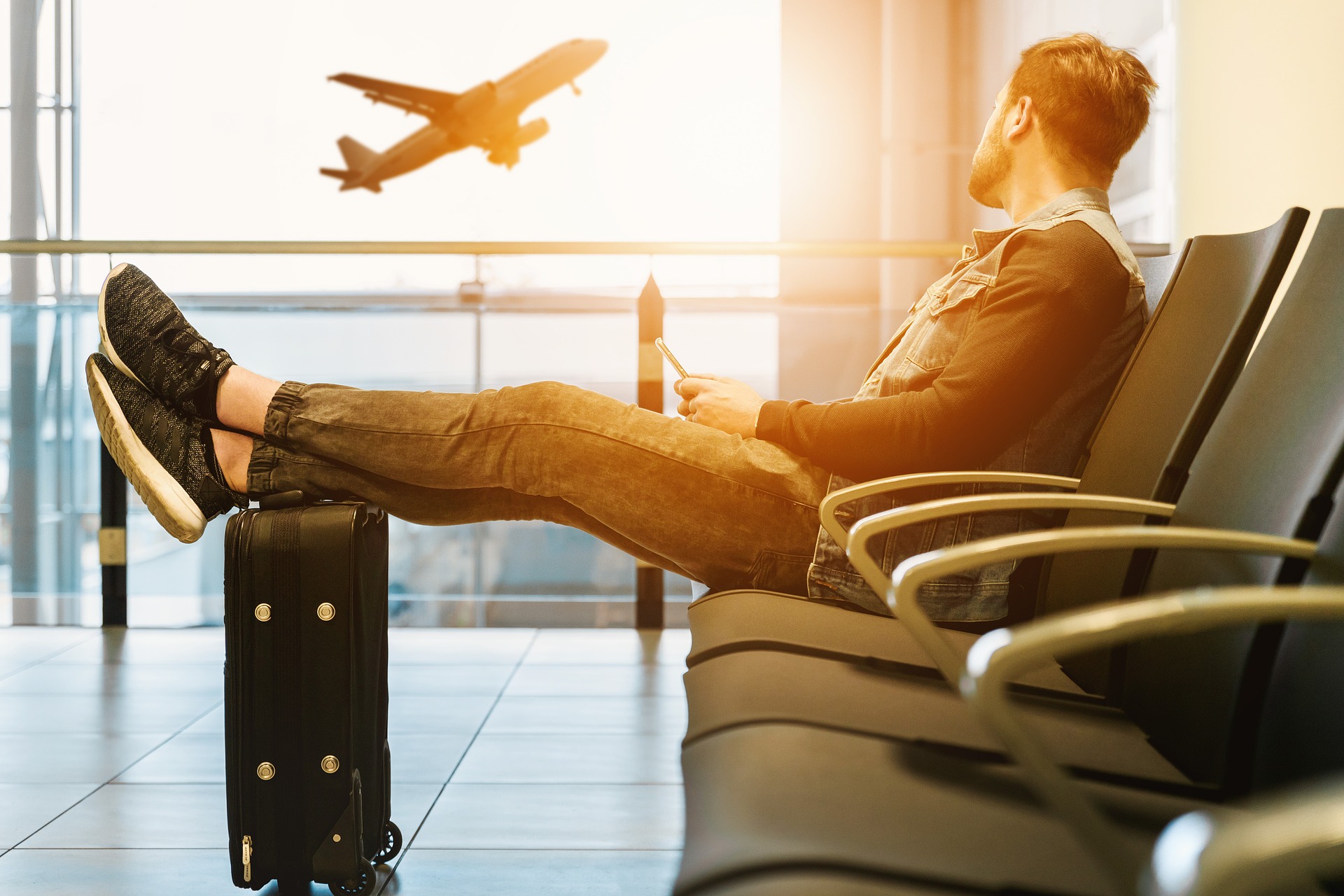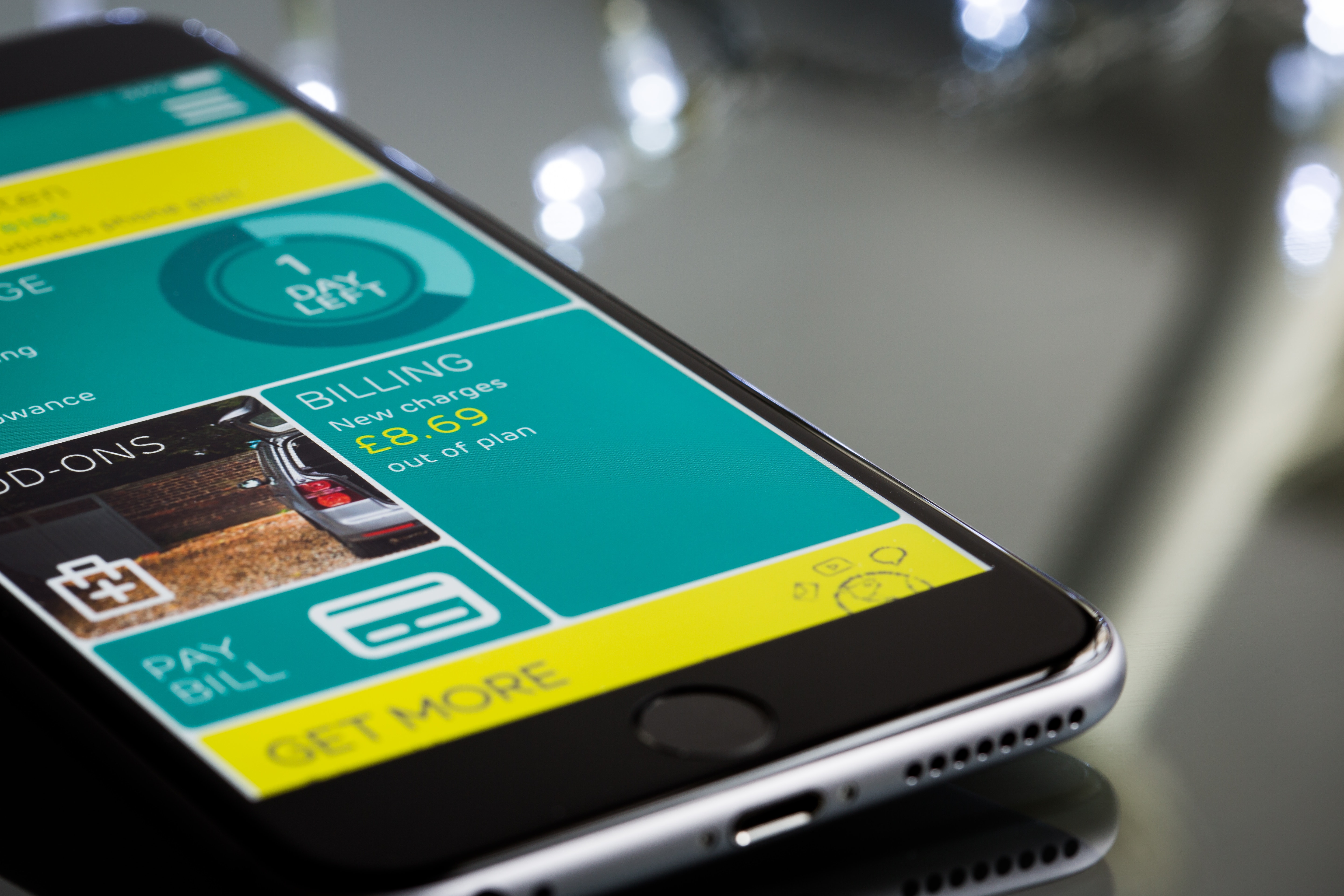Dare to be a leader: do not take that next flight

Maastricht University is proud of its international character, and I am too. It is the most international university in (the small country) the Netherlands. Its teaching and research programs touch upon many European and global issues. Given this profile, travelling by staff and students was common behaviour before the pandemic broke out.
In a blog published the 28th of February 2020, almost on the same day the first Covid-19 infection in The Netherlands was detected, I made a call upon the university to take responsibility for the carbon footprint staff and students cause when travelling by plane. Since then a lot has happened, not only dramatically with regard to the pandemic, that compelled us to reverse our working modes, but also in the field of climate change policies, particularly at the EU level, and in some national courts of EU member states. While the first development, Covid and related university practices, implied a freeze on travelling and, consequently, a lower carbon footprint of the university community, the latter development urges us to move, at the latest, to a carbon neutral society by 2050.
What’s more: EU legislation is on its way to fiercely strengthen emission reduction efforts by 2030, which is only 9 years from now. The German constitutional court observed that “one generation must not be allowed to consume large portions of the CO2 budget while bearing a relatively minor share of the reduction effort if this would involve leaving subsequent generations with a drastic reduction burden and expose their lives to comprehensive losses of freedom”. Hence, the law provides important developments towards obligating society to reduce emissions much faster, but will legal practice truly realise this?
Let’s awaken and learn lessons from Covid-19. While on-line teaching and on-line conferencing is certainly not ideal, my personal experience is that both have worked to a great extent. Evaluations should examine this thoroughly, but my own experience with recorded lectures followed by interactive on-line discussion sessions is that I have even had more intense discussions with students than previously in big lecture halls where students were forced to be present at a fixed time-slot. The research community in which I work has organised many webinars and great international conferences. I could share my research to wider audiences in this way (such as doing a lecture directly on YouTube), while I also could learn and absorb much more from my colleagues.
Particularly in the field of climate law, in which I work, there is a strong need to have quick and flexible approaches to discuss the developments: climate change is complex and urgent, the legislative initiatives and litigation develop fast… I would truly not be able to keep track of everything with travelling, so the on-line conferences are a great outcome. With creativity we can further adapt our on-line teaching and working practices, and I trust more clever technological solutions will come. Nonetheless, the wishes and needs of the young generation, the students and PhD students deserve attention. As far as we can still allow for travelling – given the shrinking emissions budget-, they should be able to profit from it. Most of the mid-level and senior staff members have had their chunk of being able to build networks and seeing places, and hence are in a better position to take a more reluctant approach to travelling.
I do realise that this call may be perceived by many as an inconvenient one. Half of the students from Maastricht University, and one third of the academic staff come from abroad. Travelling is hence very common, but what responsibility to take for the carbon footprint? How can Maastricht University become climate conscious in all its services, including catering and energy use (also given the increased use of on-line communications). The UM Task Force on Sustainability is – slowly - making its way with a radical new travel policy, considering high fees on the carbon emission from flights, and thereby creating a mitigation fund. That seems a good step, but should we do more?
At least, we can do more. On its website on global citizenship education, the University claims that “graduates are expected to serve our communities as ethical leaders” “who help to create conditions that mitigate some of the many wicked problems our world faces, like inequality, poverty, migration and the climate crisis.”.
Let’s lead indeed. Let’s consider to not to take the next flight (or high energy consuming trains…) for particularly short stay work visits and try to use the alternative, even while this is not seen as the ideal alternative. Strive for compensating the emissions that are still caused in an effective and ethical way.
So I call upon colleagues, particularly those already high in their career: Dare to avoid taking that next flight until sustainable (fuel) solutions have been found.
| More blogs on Law Blogs Maastricht |
-
 M. PeetersMore articles from M. Peeters
M. PeetersMore articles from M. PeetersMarjan Peeters holds the position of Professor of Environmental Policy and Law since April 2008. Marjan started in 1987 with studying environmental law.
Other blogs:
Also read
-
Some conducts encountered in digital markets, e.g. killer acquisitions, self-promotion and marketing strategies, non-transparent and discriminatory interfaces, signify a need for ex ante regulation, as widely acknowledged. The European Commission, UK Government and US Senators proposed legislative...
-
Representing the prototype of multi-sided platforms, app stores are at the forefront of the debate on digital markets. Several regulatory proposals place on app stores neutrality obligations vis-à-vis third parties. Are EU and US competition laws utterly unfit to tackle platform-related behaviours...
-
As Big Tech Platforms increasingly become unavoidable actors in digital markets, there seems to be a consensus in the EU, UK and USA that legislative action must be taken to tame their power. However, there are several notable differences in the way in which they suggest to design this regulatory...


